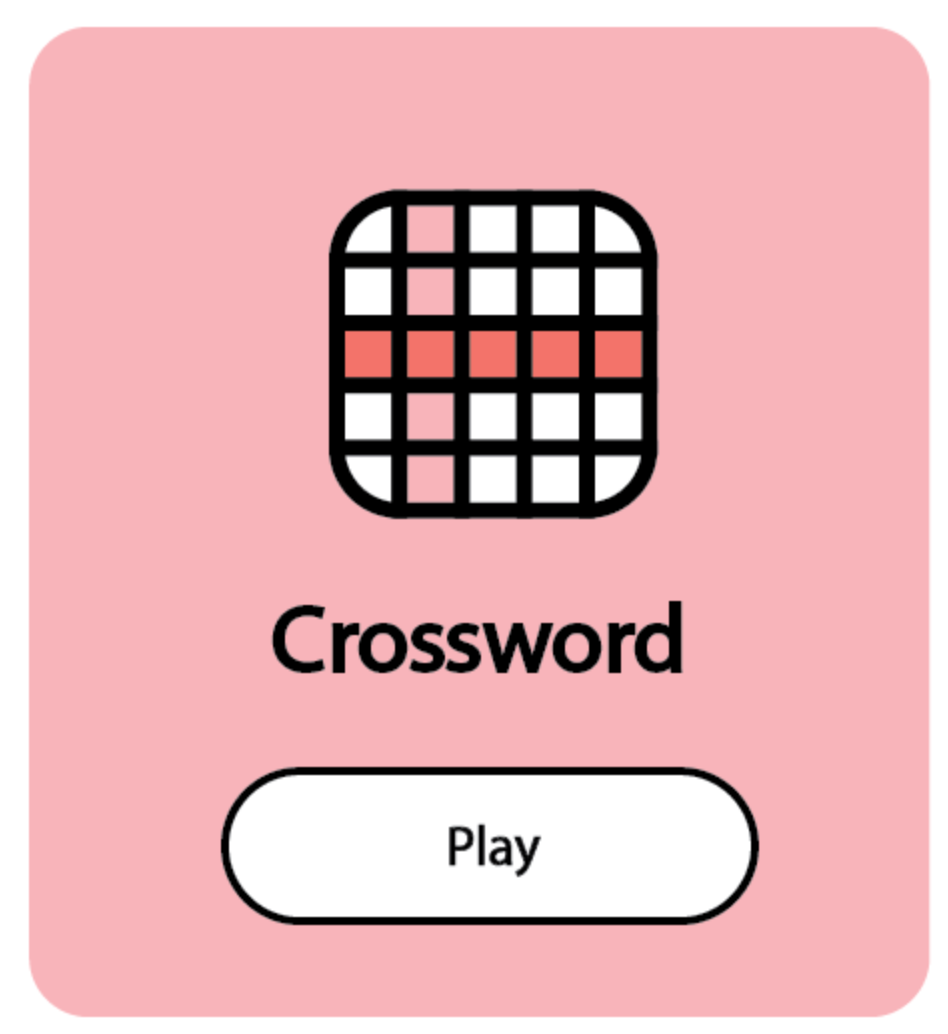
“I got mixed up.”
This unassuming statement, spoken by the 11-year-old Daniel (Milo Machado-Graner) in director Justine Triet’s courtroom drama “Anatomy of a Fall,” perfectly captures the film’s thesis: the truth about relationships is murky and elusive, and it can’t really be understood by those who aren’t a part of it. “Anatomy of a Fall” is a poignant film that illustrates this ambiguity with delicacy and class.
From the very start of the film, I got the sense that I was intruding on someone else’s life. The audience eavesdrops on the key dialogue and moments of tension throughout “Anatomy of a Fall.” Pivotal moments take place off-screen, and conclusions are extrapolated not only by the viewer, but the courtroom as well.
Above all, “Anatomy of a Fall” is a character study. The film follows a woman named Sandra, played by Sandra Hüller, as she is accused of her husband’s murder. Her son, the aforementioned Daniel, suffered an accident when he was 4, leaving him partially blind. Triet sets the tone with a scene of a young female graduate student interviewing Sandra, who is a published author. An instrumental rendition of 50 Cent’s “P.I.M.P.” floats loudly into the room, and to Sandra’s slight dismay, it’s her husband Samuel’s (Samuel Theis) music from his workspace upstairs. Sandra feels that her meeting is being disrupted.
To escape the music, Daniel takes his dog Snoop on a walk through the mountains of Grenoble, France. When he returns home, to his horror, he discovers his father lying dead on the snow with an apparent blow to the head. Sandra becomes the prime suspect in her husband’s death, and her freedom depends on her ability to convince the jury that he committed suicide (or fell by accident).
The remainder of the plot revolves around Sandra’s trial. Her lawyer, Vincent (Vincent Courcelle-Labrousse), clearly shares a romantic history with her and works hard to clear her name. Though the film definitely has a compelling plot arc and an element of mystery, what matters in this film is not how Samuel died, but what happened in the lives of Samuel, Sandra and Daniel that led them to that point. It’s a deep dive into their past and an exploration of their complex emotional dynamic.
The film is quiet and cerebral. Set in a chalet in the Alps and delivered largely in French, one can’t help but feel a sense of calm in this location. The use of natural sound amidst a quiet backdrop stood out to me; during Daniel’s scene walking Snoop, I noticed the intentional focus on the “crunch” of his feet hitting the alpine landscape, further immersing me into the atmosphere.
The setting’s sense of tranquility stands in stark contrast with the household’s interpersonal tensions. As the trial unfolds, the viewer learns of Samuel’s struggles to become a writer. He decides that his career’s inability to take off stems from an imbalanced relationship with Sandra and her professional success. From Sandra’s perspective, Samuel’s problems are his own creation and responsibility. After Daniel’s accident, Samuel blamed himself for neglecting to protect Daniel, and as the couple developed financial problems over the years, the stress continued to amount between them.
The prosecutors attempt to paint Sandra as the murderer, exposing her past wrongdoing. She doesn’t deny certain accusations against her, but explains that her visible faults do not make her a murderer. I felt initially surprised to learn of Sandra’s mistakes and potential motives, as I had naively assumed her innocence.
Triet purposefully makes Sandra’s innocence ambiguous; the viewer is supposed to be unable to reach a conclusion about her when presented with both her positive and negative traits. I realized that it’s never that simple: one is rarely fully a hero or fully a villain. And Sandra’s flaws don’t make her a malicious killer. During trials, assumptions have to be made, and at its core this film explores that dynamic. Both sides fight to prove either Sandra’s innocence or guilt based on assumptions of her character and bits and pieces of her relationship. You really can’t tell with Sandra, and I like that about this film. She’s human and she’s complex, and Triet doesn’t try to make her anything more than that. One of the turning points occurs when the prosecution plays a tape of an explosive argument between the couple the day before Samuel’s death. Glass shatters and yells ensue as Samuel’s grudges against Sandra erupt. Once again, we gain another piece of their relationship from offscreen, left to make judgments for ourselves.
Young Daniel learns of his parents’ past and begins to have doubts regarding his mother’s innocence. The theme of learning of parents’ imperfections is displayed to an extreme here, and eventually in a pivotal scene, the court cross-examines Daniel. The camerawork is magnificent, panning around Machado-Graner’s commendable performance as he delicately but confidently describes an interaction with his father. Despite the hardship of cross-examination, Daniel seems convinced and self-assured.
I found the ending of “Anatomy of a Fall” to be quite poignant. Luckily for Sandra, she wins her trial and can return home to her child. In a vulnerable moment with Vincent as they celebrate their victory, Sandra breaks down in tears. She conveys that she thought it would feel better than this to win the trial. “If you lose, you lose,” she says, but if you win, “you leave empty-handed.” Life remains as is. “Anatomy of a Fall” pointed out to me that there’s no reward for justice like this. All that’s left for Sandra to do is go home and face the death of her husband, the trauma of her trial and the grief of her son.
So did Sandra murder her husband? Did he fall? Who’s to say. At the end of the day, both are, in some sense, true. Even if Sandra didn’t murder Samuel, her callous behavior towards him would undoubtedly have contributed to his suicide. And if Sandra did murder him, Samuel had already allowed his life to unravel to the extent that even prior to his death he was, figuratively speaking, dead to the world. It is up to us to decide for ourselves what’s real and what’s not, much like Daniel does, and much like we all must when it comes to such fleeting, bizarre things like love.
In “Anatomy of a Fall,” Triet has given us a story with no easy answers, no clear moral compass and only hard questions. But like Sandra says during her trial: “that happens.”


